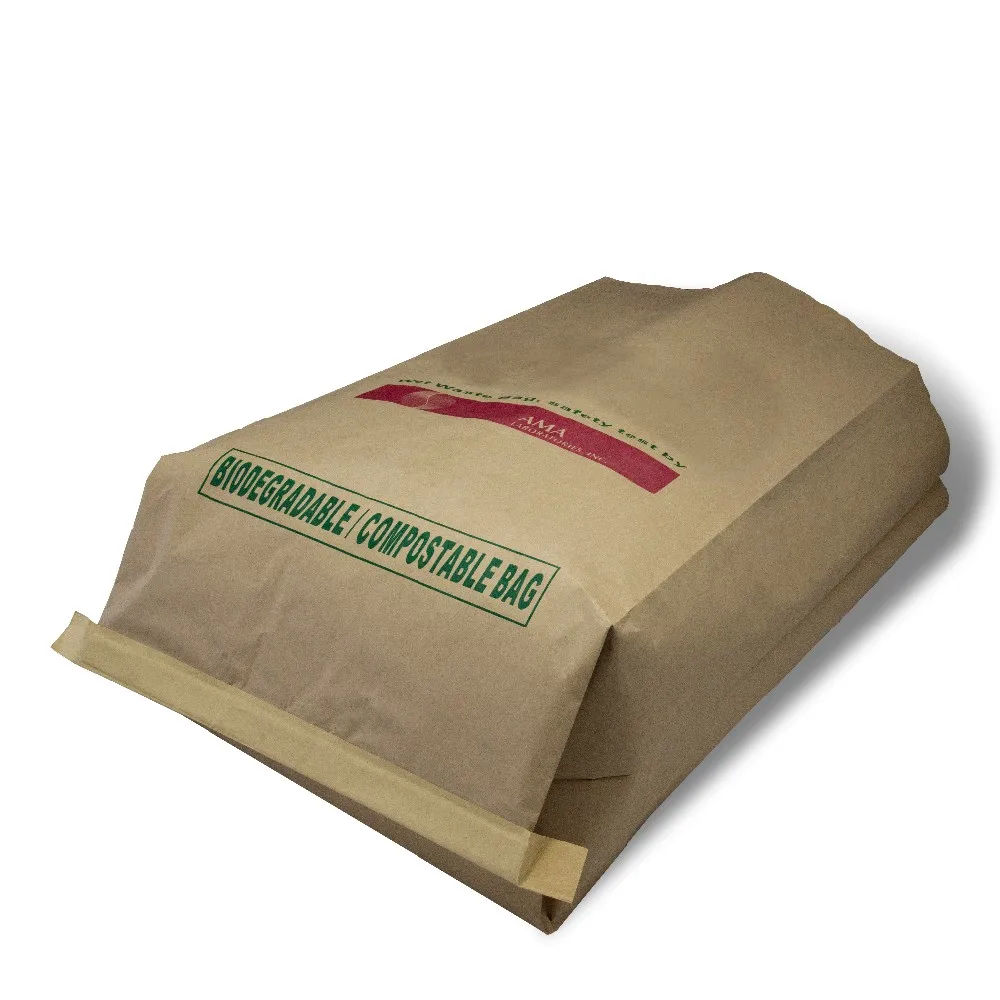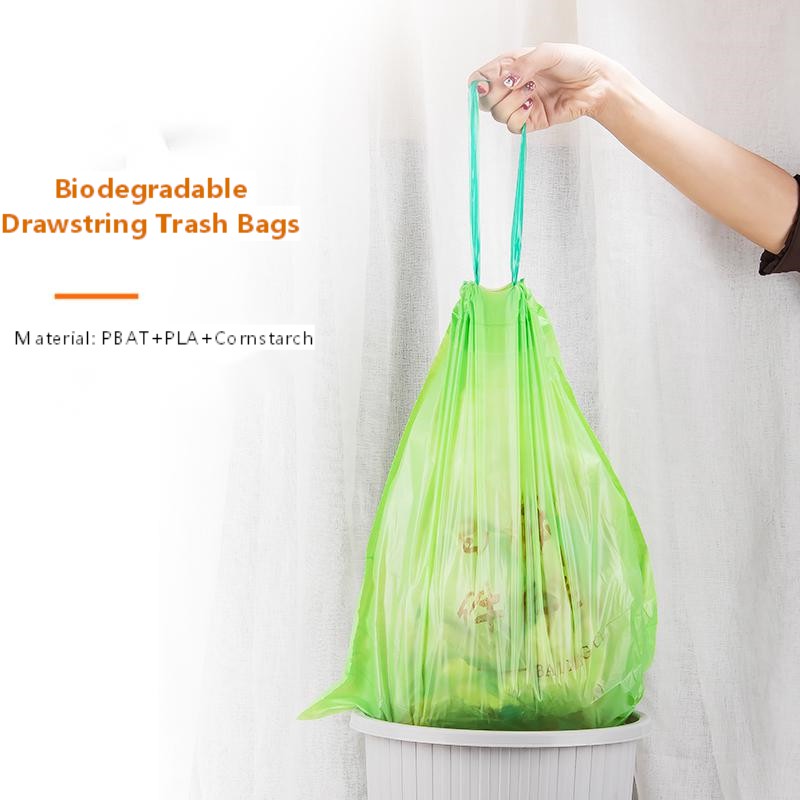

But they have to collect the trash and store it until it’s collected. I am still not recommending bin liners at all.

“This system is derived from the West where the trash is not collected every day. And in the absence of oxygen, when this bag breaks down, it will release methane which does much more harm to the environment than carbon dioxide.Įxperts say that that ideally, we shouldn’t be using garbage bags at all, and that waste segregation is non-negotiable. If these bags end up in landfills, decomposition has little chance in absence of UV light. So, someone may end up putting an oxo-degradable bag into a composting pit or landfill.” There is no look and feel mechanism also to tell which bag is which. “If there were, say, only compostable bags, people as well as the government could have a standard practice to dispose of them. Harshad points out that the issue is exacerbated by the fact that there is no uniformity in the types of garbage bags in the market. “This is worse because the micro particles become one with the soil, enter water bodies and make their way into the food chain,” says Kripa. It must also be noted this does not mean that oxo-biodegradable plactics are meant for composting.Ī majority of “biodegradable” garbage bags just end up breaking into microplastics, explains Kripa Ramachandran, a Chennai-based independent researcher on waste management. This, as opposed to oxo-degradable plastics, which does not cease to be plastic even when it degrades. He further claimed that oxo-biodegradable plastics degrade into "harmless residues" within a few months to several years if they land up in land or aquatic environments. They are made in the same way as normal plastic, but the manufacturer adds a catalyst which accelerates a change in the molecular structure soon after its useful life has expired so that it ceases to be a plastic," Michael tells TNM. "Oxo-biodegradable plastic products are made from ordinary polyethylene or polypropylene. While activists say that garbage bags marketed as 'oxo-biodegradable' are also oxo-fragmentable, Michael Stephen, Chairman of the Oxo-biodegradable Plastics Association, reveals that oxo-biodegradable bags are actually meant to be "environmental insurance, which automatically removes unwanted plastic if it becomes litter." The completely compostable bags – which have zero polymer content and are truly biodegradable – generally do not have tensile strength and tend to tear easily, limiting their use. “So, when these bags are put in compost units, they do leave behind some microplastics as residue, but it’s not visible.”

However, Harshad says that within compostable bags too, most have 5% to 10% of polymer content to make it stronger. Hence, oxo-degradable garbage bags will simply break into smaller pieces - microplastics and nanoplastics – in 45 days to six months, depending on the brand, and the environment.įurther, there are compostable garbage bags, which are made of natural materials like corn starch and should break down completely when put in a composting unit, at the same rate as the other organic waste in the unit, leaving no toxins behind. “This means that when exposed to these elements, the polymer chains in the bags won’t break down but the additions between them will,” Harshad explains. Oxo-degradable plastics, or oxo-fragmentable plastics as they are referred to in Ellen Macarthur Foundation’s The New Plastics, are those that have additives which trigger fragmentation of the plastic on exposure to heat or UV radiation. Harshad Barde, General Secretary of Kagad Kach Patra Kashtakari Panchayat, a trade union of waste pickers, points out that most of the garbage bags being marketed as “biodegradable” are actually oxo-degradable. “It’s companies taking advantage of semantics,” Suchismita Pai, Outreach Head at SWaCH, a Pune-based cooperative of self-employed waste collectors and other urban poor, points out. The problem is that these words are being used interchangeably. So, while an apple is both biodegradable and compostable, a plastic garbage bag being marketed as biodegradable may not be compostable. In contrast, something is compostable if it can completely break down into organic material.


 0 kommentar(er)
0 kommentar(er)
